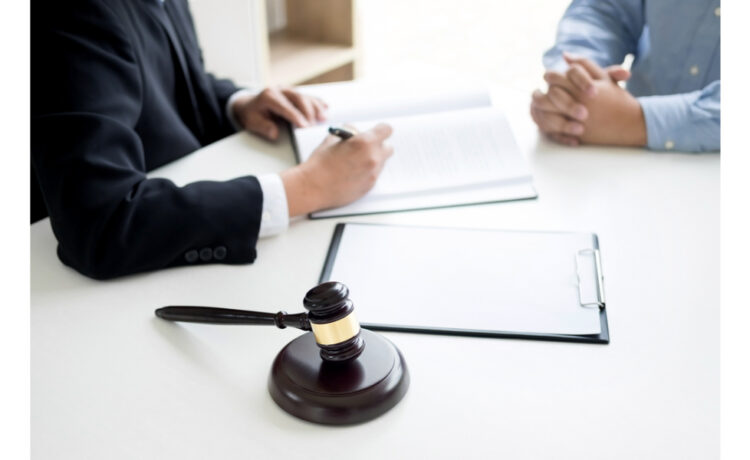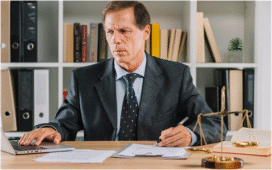Witness testimony plays a critical role in court cases, especially in criminal defense. The accuracy and credibility of the testimony presented can significantly influence the outcome of a trial. However, an experienced attorney knows that not all witness statements are reliable. In many cases, a skilled defense lawyer will challenge witness testimony to ensure a fair trial and protect the rights of their client. Here’s how an attorney challenges witness testimony in court:
1. Cross-Examination to Expose Inconsistencies
One of the most effective methods for challenging witness testimony is cross-examination. During this process, the defense attorney asks the witness a series of questions designed to reveal contradictions or discrepancies in their statements. Inconsistencies between what the witness initially said and their testimony in court can weaken the credibility of their statement, making it less likely to be persuasive to the judge or jury.
2. Questioning the Witness’s Credibility
An attorney may also challenge the credibility of a witness by questioning their background, character, or potential biases. If the witness has a history of dishonesty, criminal behavior, or personal conflicts with the defendant, the attorney may highlight this to cast doubt on their reliability. Establishing a motive for the witness to lie or misrepresent the facts can help to undermine their testimony.
3. Presenting Contradictory Evidence
In many cases, an attorney will present evidence that contradicts the witness’s testimony. This may include physical evidence, video recordings, or the testimony of other witnesses. By introducing evidence that directly conflicts with the witness’s version of events, an attorney can show that the witness’s account is inaccurate or unreliable.
4. Challenging the Witness’s Perception and Memory
Witnesses may misremember events, especially if there was a significant amount of time between the incident and the trial. An attorney may challenge the reliability of a witness’s memory by pointing out the potential for confusion, stress, or emotional bias at the time of the event. If the witness had a limited perspective or was unable to accurately observe key details, the attorney can argue that their testimony is unreliable.
5. Arguing Lack of Expertise or Relevance
In some cases, a witness may be presented as an expert in a particular field. A defense attorney can challenge the qualifications and relevance of an expert witness by questioning their credentials or pointing out flaws in their methodology. If the witness’s testimony is not relevant to the case or lacks scientific support, the attorney can argue that it should not be considered by the court.
6. Challenging Hearsay Testimony
Hearsay refers to statements made outside of the court that are presented as evidence. A skilled attorney will know when to object to hearsay testimony, as it is typically inadmissible. If a witness is repeating what someone else said and not providing firsthand knowledge of the events, the attorney can argue that such statements are unreliable and should be excluded from the trial.
Protecting Your Rights in Court
Challenging witness testimony is a vital part of defending a client in court. A knowledgeable attorney will utilize various techniques to ensure that unreliable or biased testimony does not unfairly influence the outcome of a case.
This post was written by a professional at The Manderscheid Law Firm, PLLC. The Manderscheid Law Firm, PLLC, is your trusted criminal attorney St Petersburg fl. With a commitment to integrity, advocacy, and understanding, my firm stands out in its dedication to giving each client and their case the personal attention they deserve. Whether you’re facing charges for DUI in St Pete FL, drug offenses, theft, or any other criminal matter, you can trust our experienced team to fight for your rights and provide the best possible defense. At Manderscheid Law Firm, PLLC, we believe in a tailored approach, ensuring every client feels heard and supported throughout the legal process.











